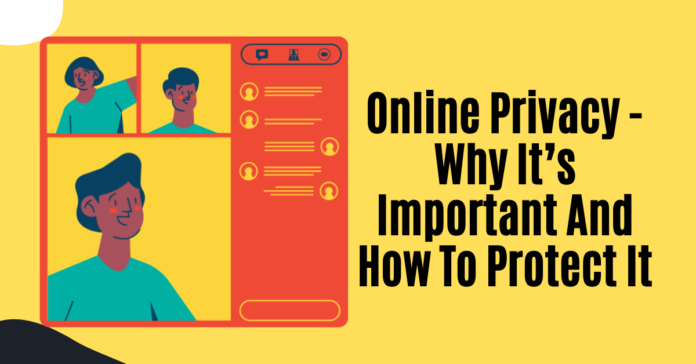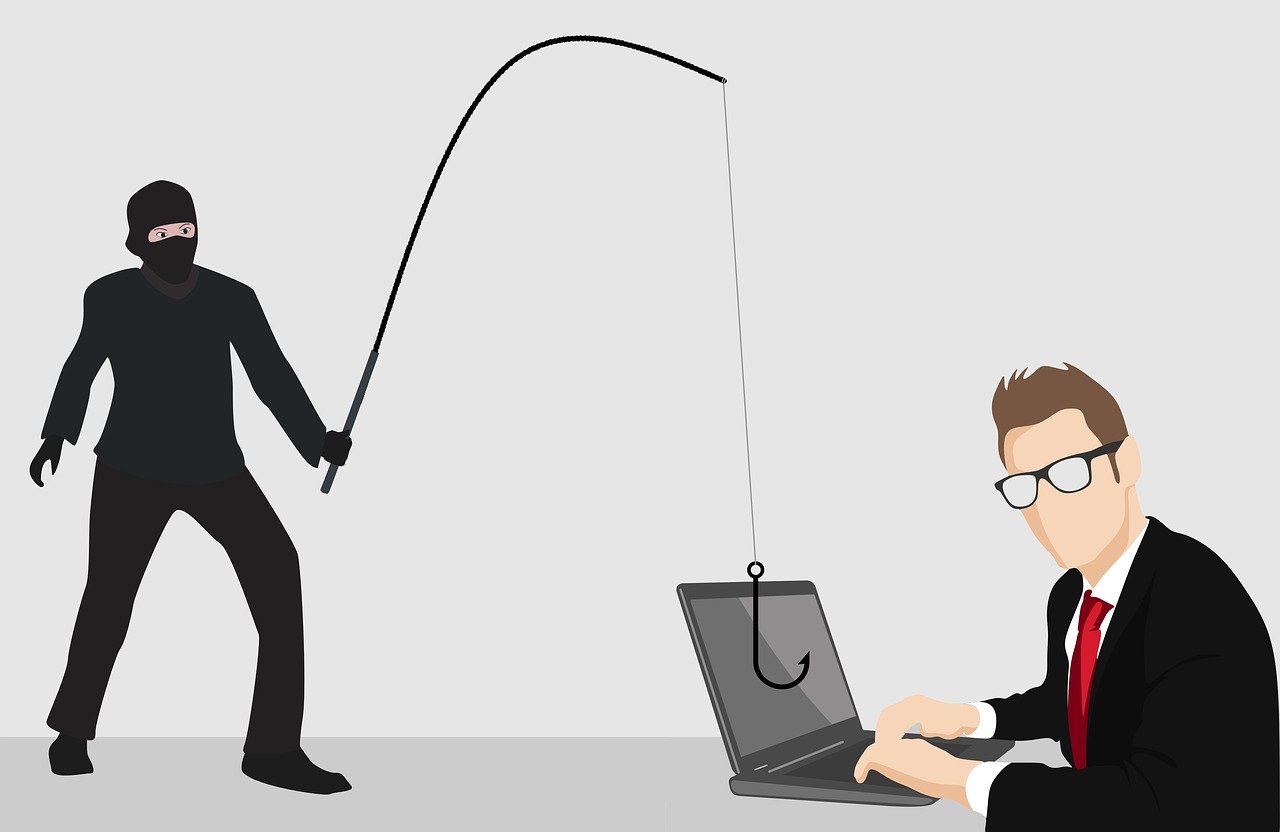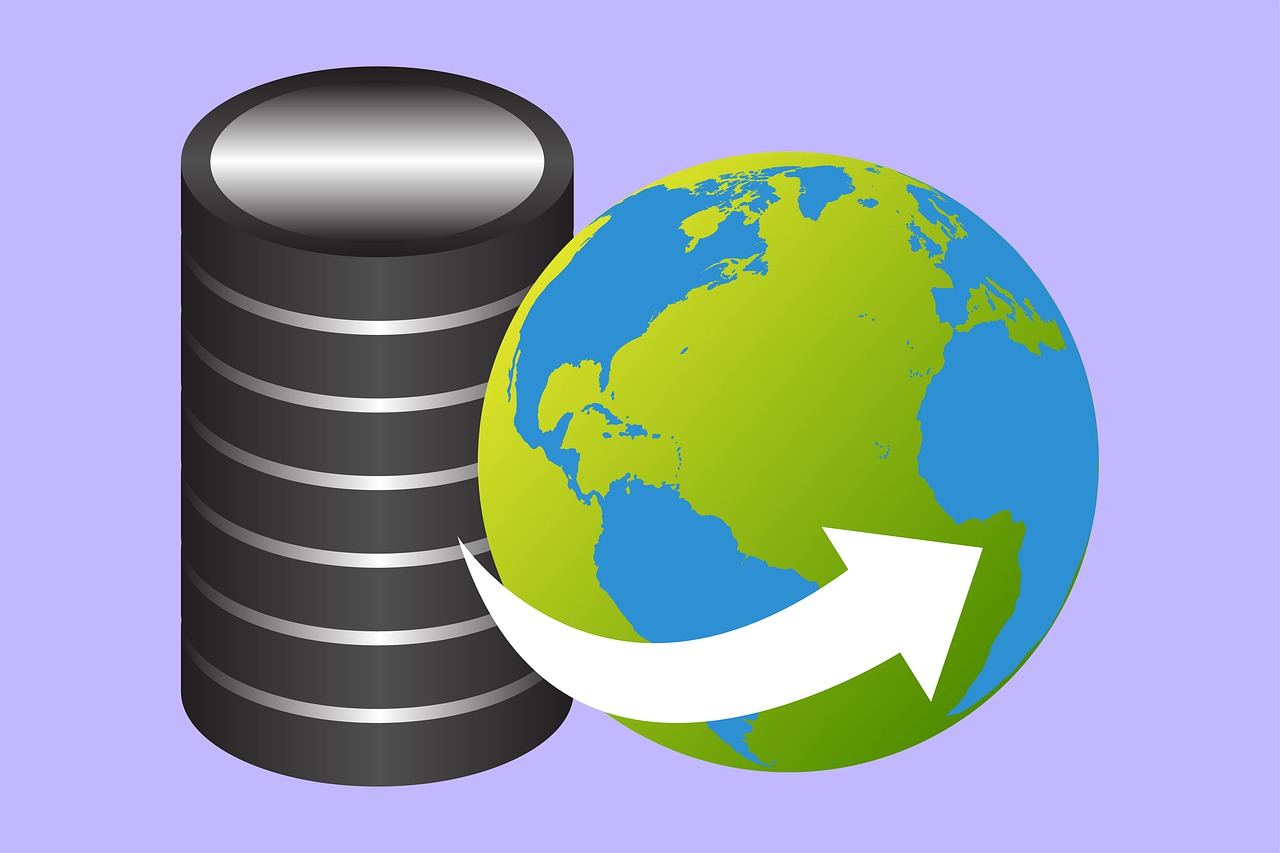Our online privacy is important to us, and many don’t even know that we’re being tracked by the apps and sites we use. Proxies can help protect you.
The internet is continuously evolving and has become a crucial tool for businesses and individuals. From market research, social, communication, governance, and politics, we are all using it in some form or another to improve our lives.
As much as the internet is used for good, it’s unfortunately also used by people with bad intentions. They’re constantly looking for ways to intrude on our privacy and use that information to harm us in some form or another.
If you haven’t been concerned about your online privacy to date and have been lucky enough not to be the victim of a malicious attack, you’ve been very fortunate.
However, we must all start protecting ourselves right away if we want to remain safe from online predators. That’s why privacy measures such as VPN and location proxies, like a French proxy, are so beneficial.
READ ALSO: Ultimate Digital Privacy Guide
Let’s take a closer look at privacy and why you should take it more seriously.
Table of Contents
Why Is Online Privacy Crucial?
We all value our privacy. In today’s age, you’re more at risk than ever before of your online privacy being violated by cybercriminals who use very advanced tactics to access our private information and use it to harm us.
Not only are you at risk of hackers getting your private information, but your personal information is also being infringed by applications that you use daily. These applications access and use your location, online activities, and interests for advertising or operational purposes.
Some applications need your location in order to work correctly (like Uber or a food delivery service), but other applications, like messaging apps, don’t really need to know your location.
These applications then use our private information to bombard us with advertisements and marketing information that we aren’t interested in, which really removes all the joy from online browsing.
Most of us don’t even know that we’re being tracked, making it seem a bit scary. You can change your location settings on your device. However, there are more practical steps that you can take to improve your security online and protect your privacy.
For example, a residential France proxy is one of a variety of location proxies that you can use to fool cybercriminals into thinking that you’re browsing the internet from another country, in this case, France.
With a residential France proxy, you’ll get additional advantages. Nobody will be able to track you, and you’ll be able to access blocked geo-location content.
READ ALSO: How To Protect Your Computer From Malware
Why Is Our Safety Important To Us: 3 Key Reasons
The key reasons why our online privacy is important include the following:
- The first and foremost reason your privacy is important is that it will keep you and your family safe from data breaches occurring on websites and social media platforms. We share our personal information with websites and social media sites since we generally trust them and believe our private information will be safe. As cybercrimes are increasing, hackers are finding more ingenious ways to hack these sites every day.
- Protection and safeguarding our online privacy and identity from theft is another reason we value our online privacy dearly. Suppose you’re applying for a mortgage online. How sure are you that the site is legit and that your sensitive private details are secure? People’s identities have been stolen and used for malicious purposes. We should be vigilant about who and where we share our private information.
- The third reason is that businesses protect their privacy from cybercriminals. Businesses today must have an online presence to survive. We share our personal information with these businesses. However, they fall victim to data breaches on a daily basis. This can happen due to negligent staff, poor website security, and insiders providing our info to hackers. For example, who has access to your passwords? Can these employees be trusted, and has the business vetted them?
READ ALSO: Top Proxy Service Providers in 2024: Unlocking Internet Freedom
Protect Your Online Privacy With A Proxy
The most effective way to protect your online privacy is to use a residential proxy to disguise your account. A proxy server will cloak your IP address and deceive a cybercriminal into thinking that you’re located in another part of the world, depending on the type of proxy you choose.
Your internet activities and all your shared data will be secure and anonymous. Some proxies can also speed up your internet connection, giving you a much better online experience.
In addition, you’ll be able to access blocked geo-location content anywhere in the world. The proxy will act as a mediator or middleman between your device and the internet content that you choose to access.
Using a virtual private network (VPN) is another good option, but a proxy is a much safer and better option that will protect your online privacy more effectively.
READ ALSO: Best Mobile Proxies: Unlocking Faster and More Secure Mobile Browsing
Online Privacy: Why It Matters and How Proxies Can Help (FAQs)
The internet offers a wealth of information and connections, but it also comes with privacy concerns. Here’s a breakdown of why online privacy matters and how proxies can be a tool to protect it:
Why is online privacy important?
- Controls your information: You have the right to decide what personal information you share online and with whom.
- Protects you from identity theft: With strong online privacy, you can minimize the risk of your personal data being stolen and used for malicious purposes.
- Reduces targeted advertising: Companies track your online activity to target you with ads. Strong privacy helps limit this.
- Safeguards your browsing habits: You may browse for sensitive topics online. Privacy helps ensure no one monitors or judges your activity.
How can my online privacy be compromised?
- Tracking cookies: Websites use cookies to track your browsing history and build a profile of your interests.
- IP address: Your IP address reveals your general location and can be used to track your online activity.
- Data breaches: Companies can suffer data breaches that expose your personal information.
- Unsecured Wi-Fi: Public Wi-Fi networks are vulnerable to eavesdropping, putting your data at risk.
What is a proxy server, and how does it help with privacy?
A proxy server acts as an intermediary between your device and the internet. Your requests are routed through the proxy server, which hides your IP address from the websites you visit. This makes it more difficult for them to track your location and online activity.
Are there different types of proxies?
Yes, there are several types of proxies, each with varying levels of anonymity and functionality:
- Free proxies: These may be slow, unreliable, and have limited privacy features.
- Paid proxies: Often more reliable and offer better speeds and anonymity features.
- Web proxies: Designed for basic web browsing and may not encrypt your data.
- Datacenter proxies: These are located in data centers and offer a high level of anonymity but may be blocked by some websites.
- Residential proxies: Route your traffic through real devices, making it appear like you’re browsing from a regular home internet connection.
Are there limitations to using proxies for privacy?
- Not foolproof: While proxies hide your IP, they don’t guarantee complete anonymity. Other tracking methods may still be used.
- Speed: Some proxies can slow down your internet connection.
- Legality: Proxy use may be restricted to certain activities on some websites. Always check the terms of service.
What are some other ways to protect my online privacy?
- Use a VPN: It provides a more secure connection than a proxy by encrypting your internet traffic.
- Clear your browsing data regularly.
- Be mindful of what information you share online.
- Use strong passwords and enable two-factor authentication.
READ ALSO: The Advantages Of Mobile Proxies
Final Thoughts
By understanding online privacy and the potential of proxies, you can take steps to protect your personal information and browse the web with more confidence.
Remember, proxies are one tool in your online privacy toolbox, and for maximum protection, consider a combination of methods.
In addition to using a reliable proxy, it’s recommended that you also use a strong password (using numbers and symbols over eight characters), change your passwords often, never use the same password for multiple sites, keep your contact information private, disable cookies, and never use public WiFi networks.
By doing this, you’ll keep yourself anonymous online.
INTERESTING POSTS
- The Ultimate VPN Guide – What Is A VPN?
- Proxy Optimization: 4 Things You Didn’t Know A Proxy Could Do
- 4 Differences Between Residential Proxies and Datacenter Proxies
- The Crucial Role Of Cloud Computing In The Business World
- Exclusive Interview With Vladimir Fomenko, Founder Of Infatica
- Best Residential Proxies In 2024: A Comprehensive Guide
About the Author:
Daniel Segun is the Founder and CEO of SecureBlitz Cybersecurity Media, with a background in Computer Science and Digital Marketing. When not writing, he's probably busy designing graphics or developing websites.










